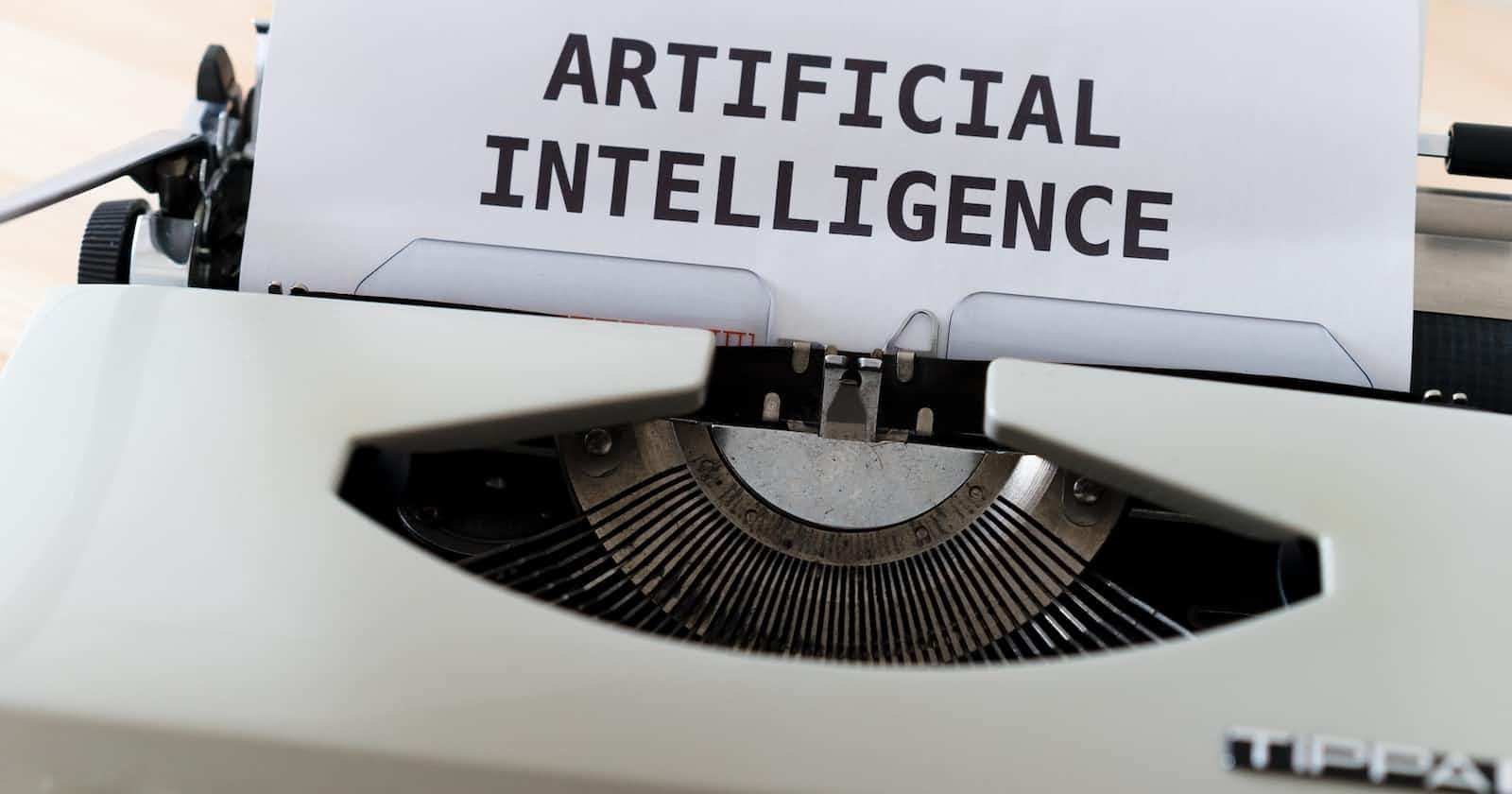Ah, artificial intelligence. The buzzword that's been thrown around so much that it's starting to lose its meaning. But fear not, dear reader, for I am here to enlighten you on the true definition of artificial intelligence...with what my mom thinks is my real intelligence, (I think she's just being nice though, given my track record).
So, what does artificial intelligence mean? Well, according to the dictionary, it's "the theory and development of computer systems able to perform tasks that normally require human intelligence, such as visual perception, speech recognition, decision-making, and translation between languages."
Sounds pretty straightforward, right?
First of all, let's talk about "computer systems able to perform tasks that normally require human intelligence." So, what are these tasks? Is it doing your taxes? Fixing your car? Buying your groceries on DoorDash because the Pandemic has made you lazy? No, no, no. It's things like recognizing images, processing language and making decisions based on data.
But wait a minute. Humans have been doing these things for centuries. We've been recognizing faces, communicating with each other, and making decisions based on information for as long as we've been around. So, why do we need artificial intelligence to do these things for us now? Are we really that lazy?
And then there's the term "theory and development." Let's be real, the development of artificial intelligence is less theory and more trial and error. It's like throwing spaghetti at the wall and seeing what sticks. We create algorithms, test them out, tweak them, and repeat until we get something that sort of works. It's not exactly a refined process.
And finally, there's the idea that artificial intelligence can "perform tasks that normally require human intelligence." This is where things get a little murky. Sure, AI can recognize images, but can it truly understand them as a human can? Can it read between the lines and interpret context like we can? Not quite.
Artificial intelligence is only as smart as the data it's fed.
Artificial intelligence is only as smart as the data it's fed. If it's given biased or incomplete information, it will produce biased or incomplete results. It's like the saying goes, garbage in, garbage out.
So, what does artificial intelligence mean? It means creating computer systems that can do things that humans have been doing for centuries, but maybe not quite as well. It means trial and error development with a healthy dose of spaghetti throwing. And it means that we need to be careful about the data we feed these systems, or risk perpetuating biases and inaccuracies.
But hey, at least we get to say that we're using artificial intelligence, right? It sounds cool, and it's a buzzword that's not going away anytime soon. So let's just sit back, relax, and let the machines think for us. What could go wrong?


